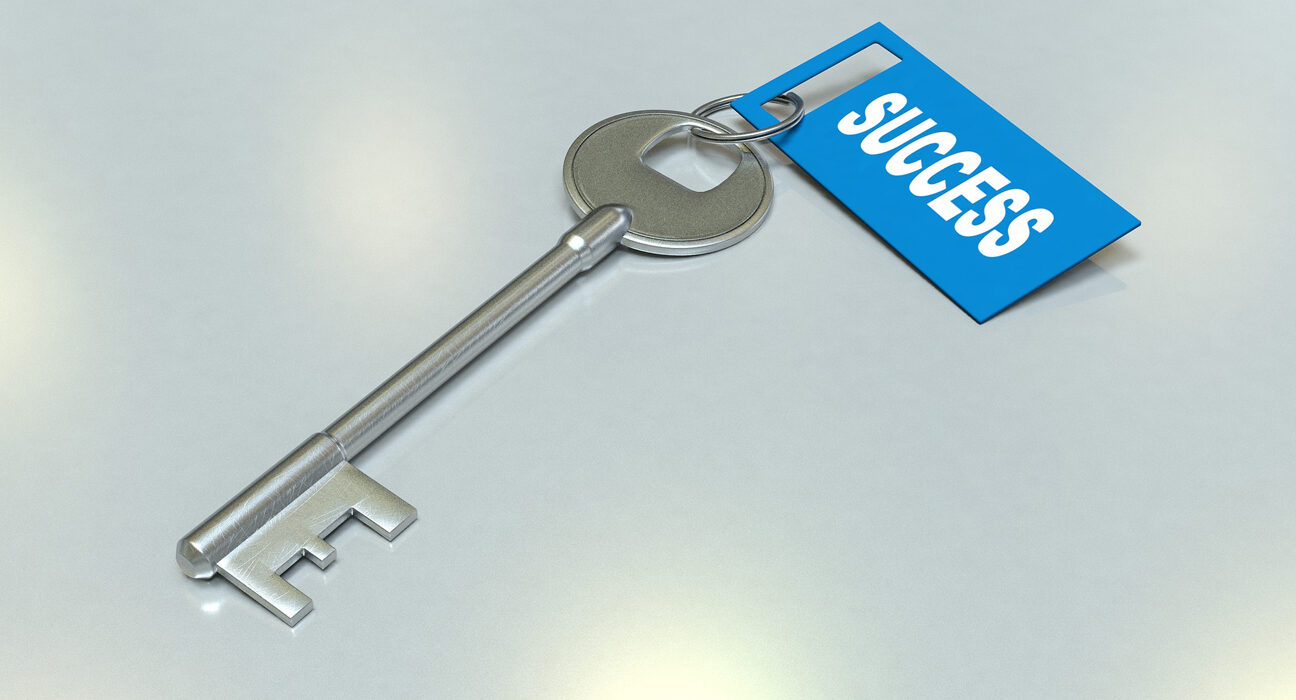A high credit score requires patience, perseverance, and occasionally even sacrifice. However, dissecting your score may, regrettably, be done in a single day.
Yes, it doesn’t take much to drop your credit score from a higher one. Fortunately for you, the mistakes that hurt your credit the most aren’t particularly cunning, and with some advance planning, you can prevent them. Here are five mistakes you should never do for the sake of your credit score.
1. Close your oldest credit card
You might wish to periodically purge your wallet by cancelling accounts and shredding such cards. Even while doing this could make you feel more at ease, closing old credit cards might hurt your credit rating.
A staggering 15% of your credit score is made up of your credit history, which calculates the average age of your accounts. Therefore, if you’re intending to stop using credit cards, keep the old accounts open while closing the new ones. Your score is benefited by the age of certain cards, even if you don’t utilise them frequently.
2. Apply for too many credit cards at once
Taking out too many credit cards at once is another simple way to damage your credit score.
Now, your motivations may be good; you may be attempting to profit from lucrative welcome incentives. However, if credit bureaus notice that you are asking for credit cards or loans, they might assume that you are going through a difficult financial period. They will consequently decrease your credit score as a cautionary measure to lenders.
Your credit score won’t be harmed if you apply for one or two credit cards within a year. However, submitting applications for more than three or four jobs in a year may start to lower your rating.
3. Max out your cards
The so-called credit utilisation makes up a sizable 30% of your credit score. Your credit utilisation is the ratio of the overall credit you have been given to the credit you are now utilising on all of your credit cards.
The best credit utilisation to keep your score high is 30% or less, while less than 10% will give you the best results.
You should never borrow more than $3,000 if you have $10,000 in available credit, for instance. Your credit score will start to suffer if you spend more than $3,000.
Once you reach $5,000 (or 50%), your score will start to decline significantly.
4. Miss payments
Payments that are made late are a big problem for credit card firms. Making a payment after the due date will significantly lower your credit score’s “payment history” factor, which accounts for a whopping 35% of your overall score. A missing payment can remain on your record for up to six years, which is worse.
Nevertheless, a lot of credit card issuers will wait until you’ve made a missed payment before reporting it to credit bureaus. Once a payment is considered past due, you normally have 30 days to make the payment, however certain credit card issuers may grant you an extension. Failure to pay during this grace period will have a negative influence on your credit score and result in late fees and interest costs.
5. File for bankruptcy
The biggest blunder of the group is declaring bankruptcy, which can easily subtract 100 or so points from your score. Even though declaring bankruptcy may seem inevitable, you should explore all other options first, including debt settlement, credit counselling, and even negotiating with lenders.
Top Line
A fantastic objective to have is raising your credit score, “3 things that will raise your credit score?” especially if you want to get one of the top rewards credit cards or apply for a loan to buy a significant item like a new car or house.

